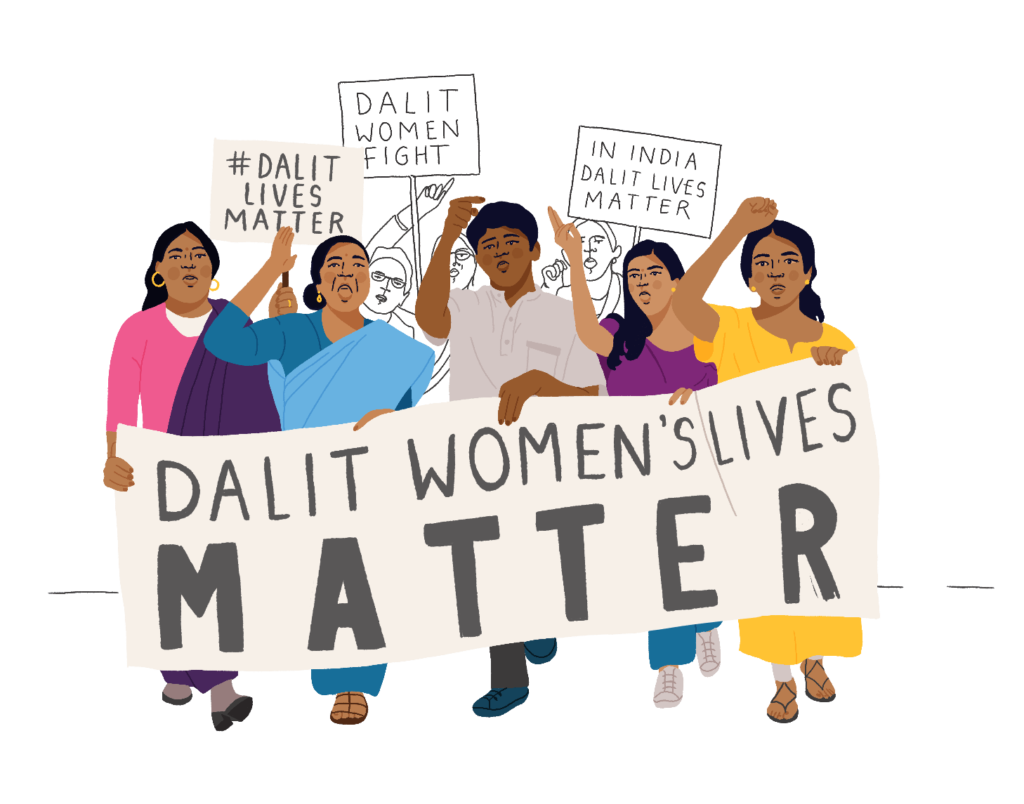Child marriage in Pakistan is a multifaceted issue, consisting of varying legal dimensions and deeply rooted socio-cultural norms. The topic has been sporadically highlighted over the past two decades. In 2013, Sindh passed legislation to make 18 years the legal age of marriage, and it remains the only province in Pakistan to do so. In the rest of the country the age is still legally 16 years.
The subject of child marriage became widely discussed and highlighted recently due to the Dua Zehra case, in which an underage girl from Karachi got married in Punjab. The case became a catalyst for discussion and different debates resurfaced. There was ample discussion on laws, or lack thereof, and loopholes within the laws pertaining to this matter in question. Child marriage in Pakistan is an on-the-ground reality with many highly nuanced contributing factors.
Diverging opinions on the matter of age
There are two points of view about the age of child marriage. On the one hand, there are activists who believe that age should be a strict parameter that is coherently applied in all cases of child marriage. The argument follows that even if a person consents to a marriage, if he or she is under the age of 18 years, then he or she will be considered a child in legal terms and the consent of a child would be invalid.
On the other hand, the opposing view maintains that all cases of child marriage are not equal and cannot be treated as such, especially keeping in mind Pakistan’s socio-economic dynamics. Holders of this stance argue that there must be a way to discriminate between cases where the vulnerability of a child is being abused and differentiate them from cases where a child is practicing agency to take an important decision regarding their own life, a right which they are often deprived of.
This debate predominantly affects young girls, since they are the usually the ones involved in child marriage cases, either forcefully through their families or by their own consent. Both sides of the debate agree that marriage under the age of 16 years should be unlawful and punishable, but the matter becomes complex for cases dealing with girls between ages 16 to 18 years old.
This contention between agency and consent is a nuanced debate and these girls can easily be, and often are, abused or exploited under the premise of false agency. Some feel that the difference between early marriage and forced marriage needs to be revisited and reevaluated. For example, some argue that a marriage taking place with the consent of both parties at the age of 17 years is better than a forced marriage at 18 years of age.
Conversations with child marriage activists
To bring some of these debates to the fore on International Women’s Day 2023, SuPWR researcher Mahnaz Shujrah dove deeper into both ends of this question with two Karachi-based lawyers, Sara Malkani and Rana Asif Habib. Both Sara and Rana are activists and experts in their field and have seen at close hand how the layout of the law impacts these minors, as well their families and communities. Listen to the two podcast discussions below.
In conversation with Sara Malkani
Read the full transcript of the discussion.
In conversation with Rana Asif Habib
This podcast is conducted primarily in Urdu.
Read the full transcript of the discussion in English.
